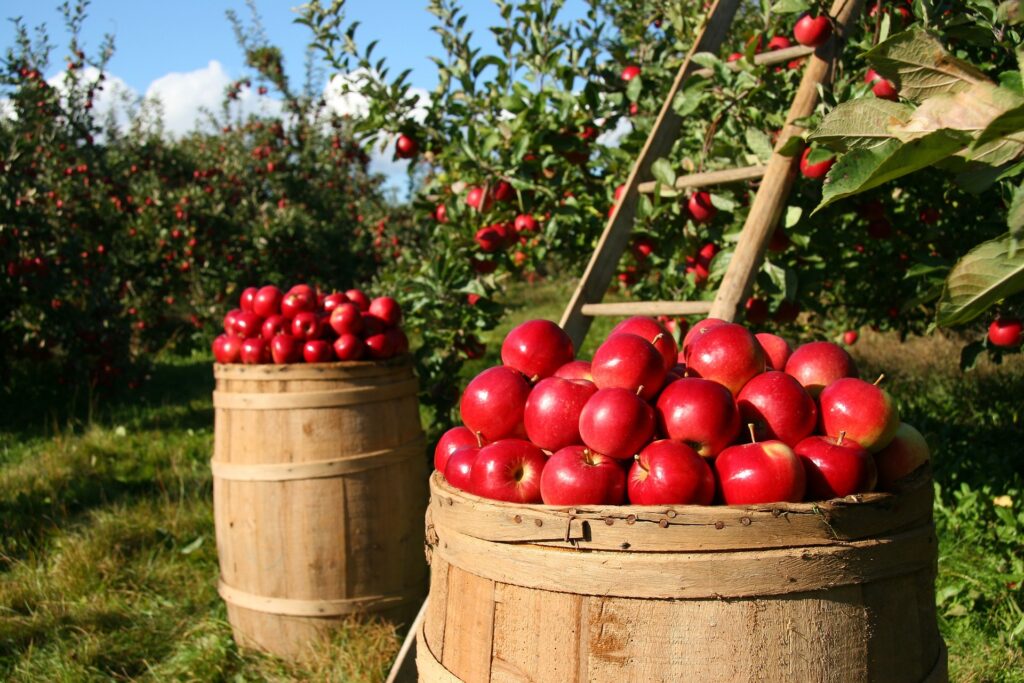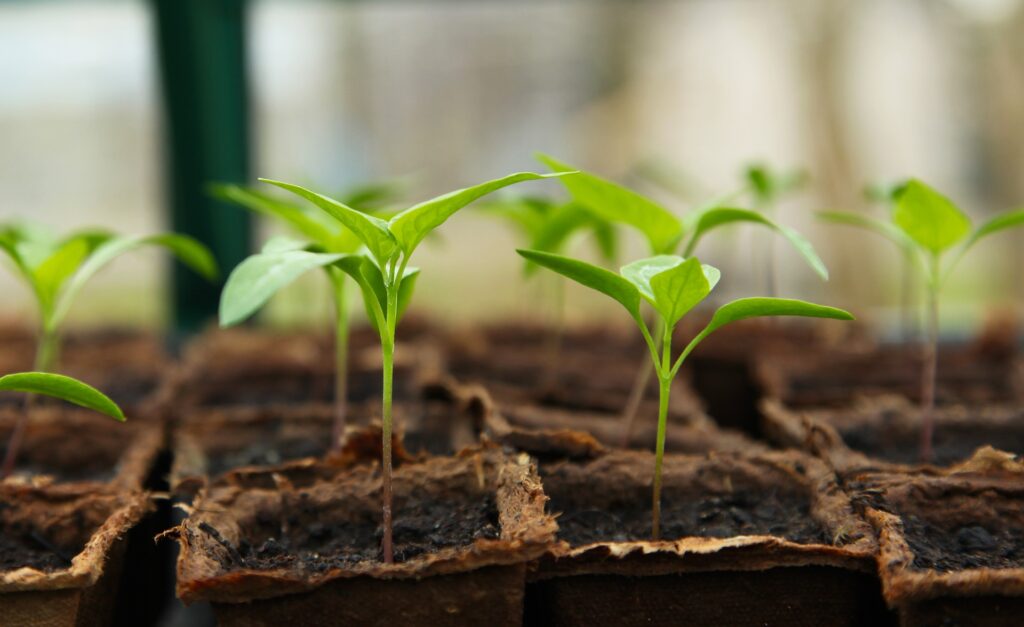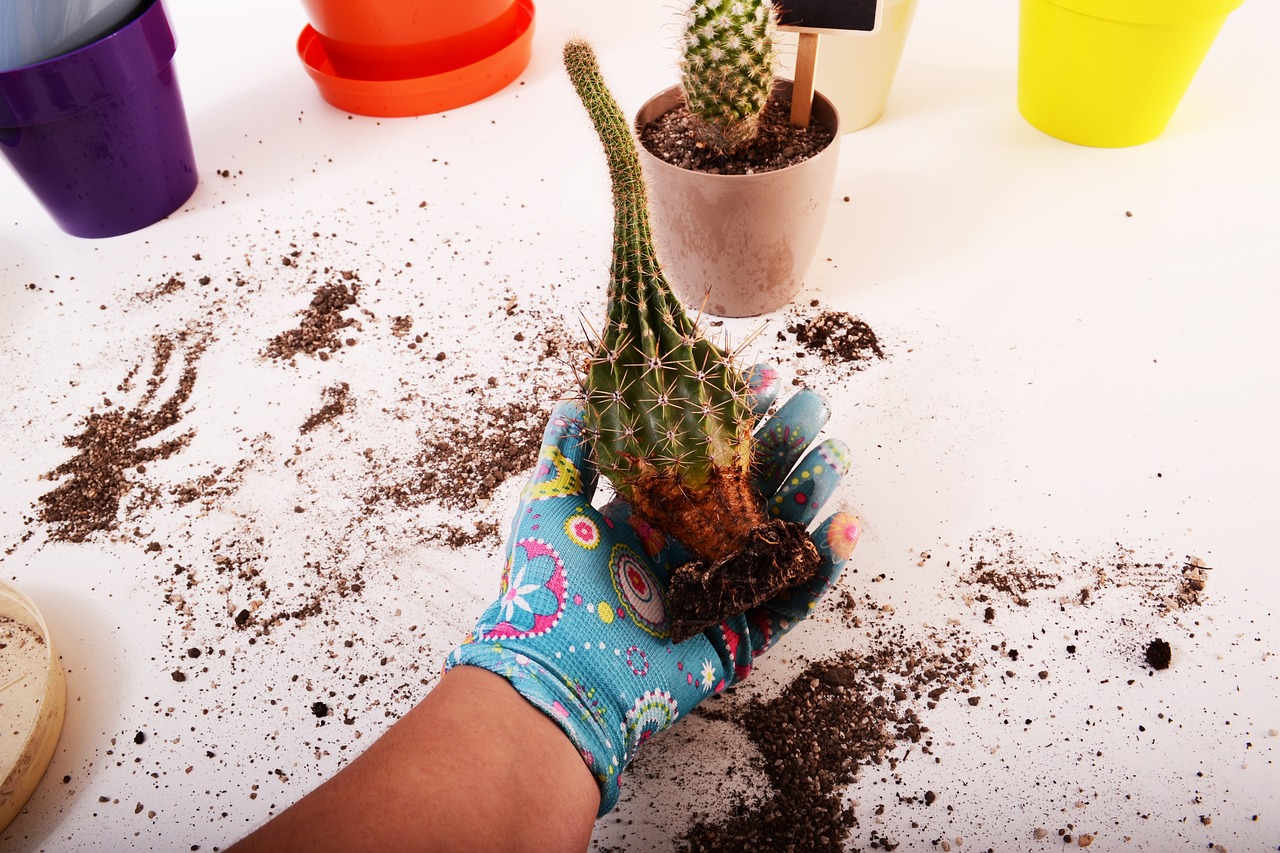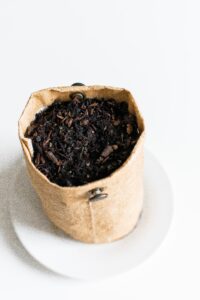Introduction
Once upon a time, in the gardening world, there was a potent brew named ‘Compost Tea.’ While the name might not tickle your taste buds, plants find it utterly irresistible! Not to mention, compost tea is a wondrous potion that helps our green friends thrive. Let’s dive into this alluring world of gardening brews, shall we?
What is Compost Tea?
Imagine a nutrient-dense energy drink made just for plants, and you’ve got compost tea. Unlike its name might suggest, compost tea isn’t something you’d want to sip on a cozy evening, but your plants will be lapping it up!
At its most fundamental, compost tea is an aerobic water solution enriched with beneficial microorganisms from compost. The magic of this brew lies in its ability to take the goodness of compost – all those beneficial microbes – and amplify it into a concentrated liquid form that your plants can absorb easily.
A Microbial Ecosystem in a Bucket
To understand the true magic of compost tea, it’s essential to grasp the concept of microbiology in gardening. Soil is teeming with microorganisms, including bacteria, fungi, protozoa, and nematodes, all working together in a delicate ecosystem. These tiny creatures play a vital role, from breaking down organic matter to aiding in nutrient absorption.
When we make compost tea, we create an optimal environment for these beneficial microorganisms to multiply and mobilize. It’s like a high-powered conference for microorganisms, where they can network and partner up to become more effective. The result? A powerhouse of beneficial biology ready to supercharge your soil and plants!
Why Liquid?
You might wonder, why go through all this effort to make compost tea when you can just use compost directly? Well, the answer lies in the ‘tea’ part. By brewing compost into a liquid form, we essentially make it easier for plants to take up the beneficial microbes and nutrients. It’s like pre-digesting food, making it more accessible and easy to absorb. Plus, compost tea can be sprayed directly onto plant leaves, providing immediate benefits.
The Power of Extraction
The brewing process is essentially an extraction process. Through aeration and adding certain ingredients (such as molasses or kelp), we coax out the beneficial microorganisms from the compost and encourage them to multiply in the water. It’s like hosting a party and providing all the right conditions to ensure that everyone has a great time. The goal is to end up with a water solution that’s bursting with life and ready to boost your garden.
So, it’s more than just compost and water. It’s a carefully brewed elixir designed to maximize the power of beneficial microorganisms, providing your plants with a direct source of nutrition and improving the overall health of your soil. A treat your garden will truly thank you for!
The Brewing Process
So how do you concoct this magical brew? A witch’s cauldron, maybe? Not quite. The process involves steeping compost in water for a certain period. In the tea-making world, we call this brewing. But there’s a twist – this brewing process is aerated, meaning we introduce air into the mixture.
This aeration encourages the growth of beneficial aerobic bacteria and fungi. While you might be picturing a spoon stirring a cup of tea, the brewing process is a bit more complex. It’s like preparing a feast for billions of microorganisms. They’ll be feasting on molasses, fish hydrolysate, kelp, or other compost tea catalysts. These catalysts help increase microbial growth. And how do we know they’re multiplying? If you see a layer of foam or scum at the top of your tea brewer, it’s a good sign. But don’t worry; this isn’t like the monster in the deep. This foam is a sign of a healthy, active brew!
Benefits of Compost Tea
Compost tea is a big hit in the gardening world and for good reason! It enhances plant growth, improves soil structure, and suppresses diseases. It’s like giving your plants a luxurious spa treatment, but with science! Let’s take a closer look.
Enhanced Plant Growth
One of the main benefits is the noticeable boost in plant growth. This liquid solution is teeming with beneficial microbes that are crucial in converting soil nutrients into forms that plant roots can easily absorb. It’s like a healthy smoothie for your plants! Not only does this improve the plant’s nutritional intake, but it also leads to stronger, healthier, and more vibrant plants. And who doesn’t want to show off a lush, green garden?
Improved Soil Structure
It’s an excellent way to improve soil structure, especially when dealing with challenging conditions like clay or sandy soil. The microbes in compost tea help bind soil particles together, creating a crumbly, well-draining, and fertile soil structure. This makes it easier for roots to grow and improves water retention and nutrient availability. It’s as if your soil went through a fantastic makeover!
Disease Suppression
Now, this is where compost tea truly shines. Regular use can significantly reduce the incidence of plant diseases. The beneficial microbes are like a security team for your plants, helping to outcompete harmful, disease-causing organisms. They also stimulate the plant’s immune responses, making them more resistant to diseases. So, it’s safe to say it’s not just a nutrient booster but also a plant protector!
Environmental Impact
Last but not least, it helps you take a step towards sustainable gardening. It’s an eco-friendly alternative to chemical fertilizers that can contaminate our waterways and harm beneficial soil organisms. By using compost tea, you’re nurturing your garden and contributing to a healthier planet. It’s like having a green thumb in more ways than one!

Why Use Compost Tea?
Nutrient Uptake
One of the main reasons is that it significantly improves plant nutrient uptake. It’s like upgrading from a regular TV to 4K. The difference is astounding! Microorganisms convert nutrients in the soil into a form plants can absorb. It’s like having a personal chef who takes raw ingredients and turns them into a gourmet meal for your plants.
Disease Prevention
Compost tea also plays a big part in preventing plant diseases. You know what they say, “An ounce of prevention is worth a pound of cure!” This holds true in the plant kingdom as well. It fortifies plants against diseases by coating leaf surfaces with beneficial microorganisms, leaving no room for disease-causing organisms to establish. It’s like hiring an elite team of bodyguards for your plants.
Environmental Impact
And let’s not forget our dear Mother Earth. Compost tea is an organic, eco-friendly alternative to chemical fertilizers. By using it, you’re helping your plants and doing your part for the environment! Not only does it benefit your plants, but it also helps preserve our environment by reducing reliance on chemical fertilizers. These chemicals can run off into our waterways, causing harm to aquatic life and disrupting ecosystems. Using compost tea is like voting for a healthier planet.
How to Make Compost Tea at Home
Ingredients Needed
Intrigued and ready to make your own at home? Here’s what you’ll need: compost, water, aeration equipment, and some optional catalysts to boost microbial growth. Quality compost is crucial, and well-aged compost is ideal. As for water, you’ll want to avoid chemically-treated tap water, as it can harm the microorganisms you’re trying to cultivate. Use dechlorinated tap water or natural water sources.
The Brewing Process
Once you have all the ingredients, the brewing process is straightforward. Add compost to your compost tea brewer (or any large bucket), fill it with water, and let the aeration process begin. The brewer or bucket must be stirred regularly, encouraging a healthy oxygen exchange essential for microbial growth.
It’s a little bit like a Jacuzzi for microorganisms. Think of this as a science experiment. You’ll want to stir your brew regularly to ensure it stays aerated. Remember, you’re cultivating aerobic microorganisms, which means they need oxygen to survive and thrive.
Applying to Your Garden
Once you have your fresh brew, it’s time to give your plants a feast. But applying it isn’t as simple as just pouring it over your plants. The process requires a bit of thought and care to ensure you maximize its benefits.
Direct Soil Application
Compost tea can be applied directly to the soil at the base of your plants. This effective method introduces beneficial microbes directly into the root zone, where they can immediately get to work. Think of this as giving your plants a delicious meal served right to their door.
When applying compost tea to the soil, try to do it early in the morning or late in the evening when temperatures are cooler. This will ensure that the tea does not evaporate quickly and has enough time to seep into the soil.
Foliar Application
Compost tea can also be used as a foliar spray. This means it is sprayed directly onto the leaves of plants. The beneficial microbes in the tea work to protect the plant from potential diseases by outcompeting pathogenic microbes that may land on the leaves. It’s like giving your plants a protective shield.
When using compost tea as a foliar spray, it’s crucial to use a sprayer that can handle the tea’s microbial content without clogging or damaging the microbes. A simple pump sprayer will usually do the trick. Again, the best times to apply are in the early morning or late evening to prevent rapid evaporation.
As Part of Watering
You can also use compost tea as part of your regular watering routine. This can help to continually introduce beneficial microbes into your soil, improving its health over time. Just add the compost tea to your watering can or irrigation system and water as you normally would. Remember, it’s like a health supplement, not a replacement for regular water.
Regular Applications
Compost tea isn’t a one-and-done solution. For best results, it should be applied regularly throughout the growing season. Think of compost tea as a workout supplement for your plants – while one workout with a supplement can be beneficial, the real results show when it’s used consistently over time.
So, applying compost tea is more than just pouring it out and hoping for the best. It’s a thoughtful process that, when done correctly, can significantly enhance the health and productivity of your garden. Just remember – compost tea is potent stuff, so use it wisely and enjoy the rewards of a vibrant, flourishing garden.
Tips and Tricks
Brewing and using compost tea is as much an art as it is a science. As with any art, there are a few tricks of the trade that can take your compost tea from good to great. Here are a few tips to help you along your compost tea journey.
Quality Compost is Key
If you’re going to the effort of brewing compost tea, start with high-quality compost. The better your compost, the more beneficial microbes your tea will have. Think of it as the base for a good soup; if your base is flavorful, your soup is bound to be delicious. Similarly, quality compost will give you a more potent and beneficial compost tea.
Mind the Temperature
The temperature can greatly impact the brewing process of your compost tea. Microbes love warmth, so try to brew your tea at room temperature, ideally between 65°F and 80°F. Too cold, and the microbes may not multiply as effectively; too hot, and you may end up killing them. It’s like baking a cake – the right temperature is crucial.
Don’t Forget to Feed Your Microbes
They’ll need some food to encourage the beneficial microbes in your compost tea to proliferate. Adding unsulphured molasses to your compost tea brew provides a source of carbohydrates that these microbes love. Think of it as throwing a party – your microbes are the guests, and the molasses is the banquet you provide for them.
Air Supply
Aerating your compost tea is crucial for the growth of beneficial aerobic microbes. A good aquarium pump and an airstone can do the trick. It’s like blowing on a fire to get it going – the oxygen helps stimulate microbial activity.
Timing is Everything
Compost tea is best used fresh, ideally within a few hours after the brewing process is completed. The longer it sits, the less effective it becomes as the microbes begin to die off. It’s like fresh bread – best when it’s hot out of the oven.
Test Your Tea
If you want to take your compost tea brewing to the next level, consider getting a microscope. A simple one will suffice. This way, you can take a closer look at your tea and see the variety of beneficial microbes you’ve brewed up. It’s a fascinating world in there!
Remember, brewing compost tea is not just about following a recipe; it’s about understanding and fostering a beneficial environment for microbes to thrive. With these tips and tricks, you’re well on your way to brewing a potent batch of compost tea that your garden will love.
Potential Drawbacks
While compost tea is pretty amazing, it’s not a magic cure-all. It can help boost your plants’ health, but it won’t save a dying plant single-handedly. Remember, compost tea is a supplement, not a substitute for good gardening practices.
Conclusion
There you have it, folks – the ins and outs of compost tea! This potent brew is an incredible tool in any gardener’s arsenal. Give it a try and watch your garden flourish. Remember, your plants are what they ‘eat.’ Serve them the best compost tea; they’ll thank you with abundant growth. Compost tea is more than just a fancy name – it’s a game-changer in sustainable gardening. Whether you’re a seasoned gardener or a newbie, try compost tea. You just might find that it’s the secret ingredient you’ve been looking for to get your garden blooming like never before.
FAQs
Is compost tea safe to use around pets and children?
Absolutely! Compost tea is organic and non-toxic, making it safe for all household members.
Can I overuse compost tea?
While compost tea is beneficial, it should be used in moderation. Overuse can lead to an imbalance of nutrients in the soil.
Does compost tea smell bad?
Well-made compost tea should have an earthy smell. If it has a foul odor, it could be anaerobic, indicating a lack of oxygen and a potential overgrowth of harmful bacteria.
Can I make compost tea without aeration?
While you can technically make compost tea without aeration, it won’t be as effective. Aeration helps to proliferate beneficial microbes, making your tea more potent.
How soon can I use compost tea after brewing it?
Use your compost tea immediately after the brewing process is complete for the best results. This ensures the highest level of beneficial microbes.
And there you have it, a comprehensive guide on compost tea. A brew that truly rejuvenates your garden and takes it to a whole new level. Happy brewing!





Pingback: How to Make Compost: A Guide to a Greener Garden
Pingback: Benefits of Composting: A Complete Guide - Eco Life Wise
Pingback: Facts About Recycling: Conserving Resources & Building Sustainability
Pingback: Composting Worms: The Unsung Heroes of Your Garden *
Pingback: Bokashi Composting: Green Thumbs, Unite!
Pingback: Composting 101: In the (Sustainable and Eco Friendly) Beginning
Pingback: Compost Spreader: You and Your Garden's Best Friend
Pingback: Recycle Projects for Kids: Crafting a Greener Future
Pingback: Mushroom Compost: Care for Some Black Gold? | Eco Life Wise
Pingback: What is Permaculture? A Guide to Our Greener Future | Eco Life Wise
Pingback: Permaculture Design: Unlocking the Secrets to Sustainable Living | Eco Life Wise
Pingback: Building Off the Grid: A Guide to a Self-Sustained Lifestyle
Pingback: DIY Compost Bin: Master the Art of Composting in Your Backyard | Eco Life Wise
Pingback: How Do I Reduce Waste In My Kitchen? | Eco Life Wise
Pingback: Composting Outdoor Gatherings: 19 Eco-Friendly Waste Management Tips | Eco Life Wise
Pingback: Eco Friendly Sustainability: Introducing The GreenPrint Initiative
Pingback: How Do Self-sustaining Homes Differ From Regular Homes? 8 Defining Factors | Eco Life Wise
Pingback: Energy Efficient Homes: Your Ultimate Guide to Greener Living | Eco Life Wise
Pingback: DIY Compost Bin: 10 Tips to Master the Art of Composting | Eco Life Wise
Pingback: AESRAOU 24 Inch Compost Spreader Peat Moss Review | Eco Life Wise